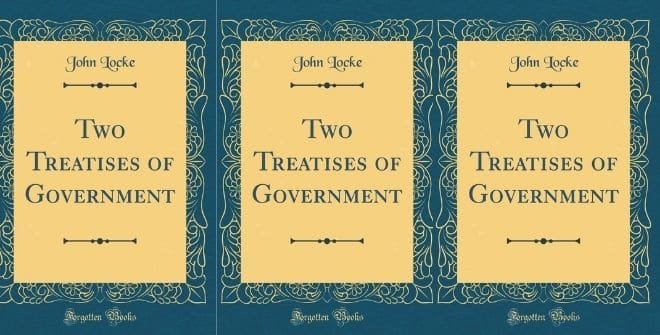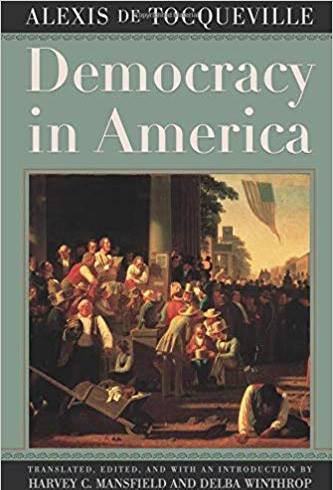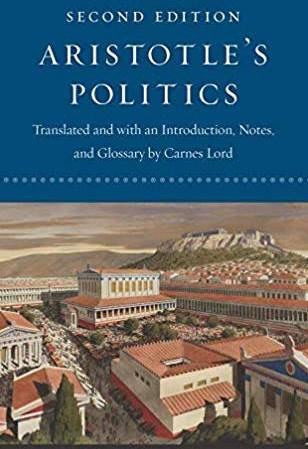Montesquieu The Spirit of the Laws
Montesquieu The Spirit of the Laws. In retrospect, we had identified three different ways of life in France before the revolution: that of the orders of the feudal monarchy, that of the absolute king and his servants, the bureaucrats and their equal subjects, and that of those corners of society which supported the new thought … Read more





